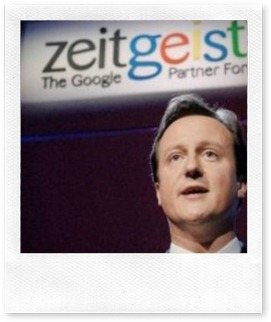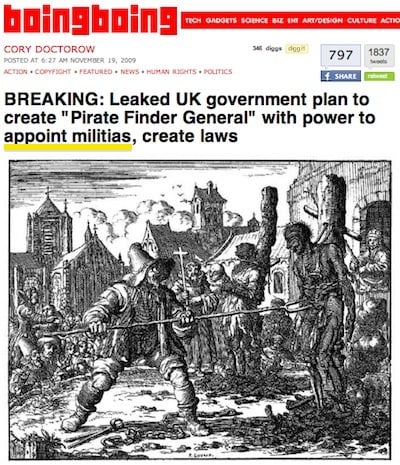It’s 2020, and a young girl is doing her homework…
“Daddy, what’s a press licence?”
“Oh, that. Well a press licence allows you to call yourself a journalist and get into official events, for official journalists.”
“What for?”
“Well you get into events held by the government or a company, or for example a football club, and can then write about them.”
“So it’s like a parking permit. But I don’t understand. Everybody is writing about everything anyway. On the internet. Why would I need a press licence?”
“Well, sometimes you need to ask somebody a question in person.”
“What for? Will they tell you the truth, then?”
“Probably not.”
“So they can give you official version of something.”
“Can’t they use the internet to do give out that official version of something?”
“Er, yes. And they do.”
“Hmm. So what if you have a question they don’t want to answer?”
“Well… I suppose you can hear the answer they don’t give you in person. Although usually that is never reported, except when it’s a really silly question and everyone has a big laugh together. That’s how we hold people to account – it’s a very important job.”
“So can people who ask awkward questions not attend?”
“Not anymore, I’m afraid.”
“I don’t understand why you need a permit? How did it happen?”
Read more







